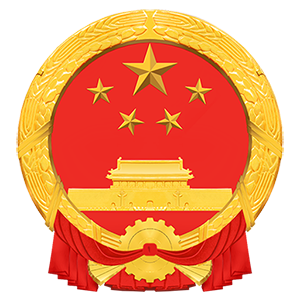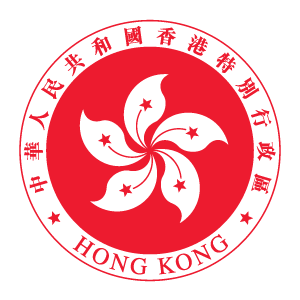POWERS AND PRIVILEGES OF THE LEGISLATIVE COUNCIL
The powers and functions of the Legislative Council are set out in Article 73 of the Basic Law. Article 73(10) provides that when exercising its powers and functions under Article 73(1) to (9), the Legislative Council may summon persons concerned to testify or give evidence. The Basic Law specifically confers on Members two privileges. Article 77 provides that Members are immune from legal action in respect of their statements at Council meetings. Article 78 provides that no Member shall be subjected to arrest when attending or on their way to a Council meeting.
The above-mentioned powers and privileges are also provided in the Ordinance, which was first enacted in 1985 to codify the powers and privileges of the Legislative Council and its Members to enable Members to discharge their functions and to uphold the dignity of the Legislature. The Ordinance continues to be in force following the establishment of the Hong Kong Special Administrative Region on 1 July 1997.
The powers and privileges of Members provided under the Ordinance include:
- freedom of speech and debate in the Legislative Council and committee proceedings (section 3);
- immunity from civil or criminal proceedings for words spoken by Members before, or written in reports to, the Legislative Council or committees (section 4);
- freedom from arrest for any civil debt whilst going to, attending at or returning from a sitting of the Legislative Council or a committee; and for any criminal offence whilst attending at a sitting of the Legislative Council or a committee (section 5); and
- power to (a) order the attendance of witnesses to give evidence or produce documents (sections 9); and (b) examine witnesses on oath (section 11).
The privileges and immunities provided in sections 3 to 5 of the Ordinance are extended to the Chief Executive when present at a meeting of the Council or a committee and public officers designated by the Chief Executive to attend Council and committee meetings (section 8A). Witnesses ordered to attend to give evidence or to produce documents before the Legislative Council or a committee enjoy the same right or privilege as before a court of law (section 14).
Under section 9 of the Ordinance, the Legislative Council has the power to order attendance of witnesses. The standing committees of the Legislative Council, namely the Finance Committee, the Public Accounts Committee and the Committee on Members’ Interests, may also summon, as required when exercising their powers and functions, persons concerned to testify or to produce any document.
Other committees or subcommittees may also summon persons concerned to testify or give evidence if specially authorized to do so by a resolution of the Legislative Council. The power to order witnesses to appear before the Legislative Council or its committees was exercised for the first time in April 1994 by the then Panel on Security during an inquiry into the circumstances surrounding the termination of the employment of Mr Alex TSUI, former Senior Assistant Director of the Independent Commission Against Corruption. Since Hong Kong’s return to China in 1997, witnesses have been ordered to testify in several inquiries conducted by various committees of the Legislative Council. The matters studied by these committees included:
- the problems surrounding the commencement of the operation of the new Hong Kong International Airport at Chek Lap Kok (from July 1998 to January 1999);
- building problems of public housing units (from February 2001 to May 2004);
- handling of the Severe Acute Respiratory Syndrome outbreak by the Government and the Hospital Authority (from October 2003 to July 2004);
- issues arising from Lehman Brothers-related minibonds and structured finance products (from October 2008 to June 2012);
- matters relating to the post-service work of Mr LEUNG Chin-man (from December 2008 to December 2010); and
- issues related to Mr LEUNG Chun-ying’s involvement as a member of the jury in the West Kowloon Reclamation Concept Plan Competition (from February 2012 to June 2012).
The Ordinance provides for offences in respect of proceedings for the giving of evidence before the Legislative Council or committees and related matters. These offences include disobeying orders to attend or produce documents before the Legislative Council or committees (section 17(a)), or refusal to answer questions put by the Legislative Council or committees during the course of examination (section 17(b)). Any person who creates or joins in any disturbance which interrupts or is likely to interrupt the Legislative Council or committee proceedings also commits an offence (section 17(c)). Other offences include giving false evidence to the Legislative Council or committees (section 18), interference with Members and witnesses (section 19), and contravening rules and regulations regulating the admittance of persons (other than Members and officers of the Legislative Council) to and the conduct of such persons within the Chamber or the precincts of the Chamber (section 20). In addition, the Ordinance makes provision for the imposition of sanctions in relation to a Member who is suspended from the service of the Legislative Council, or who is absent without valid reasons from a sitting of the Council which is adjourned due to a lack of quorum (sections 20A and 20B).



